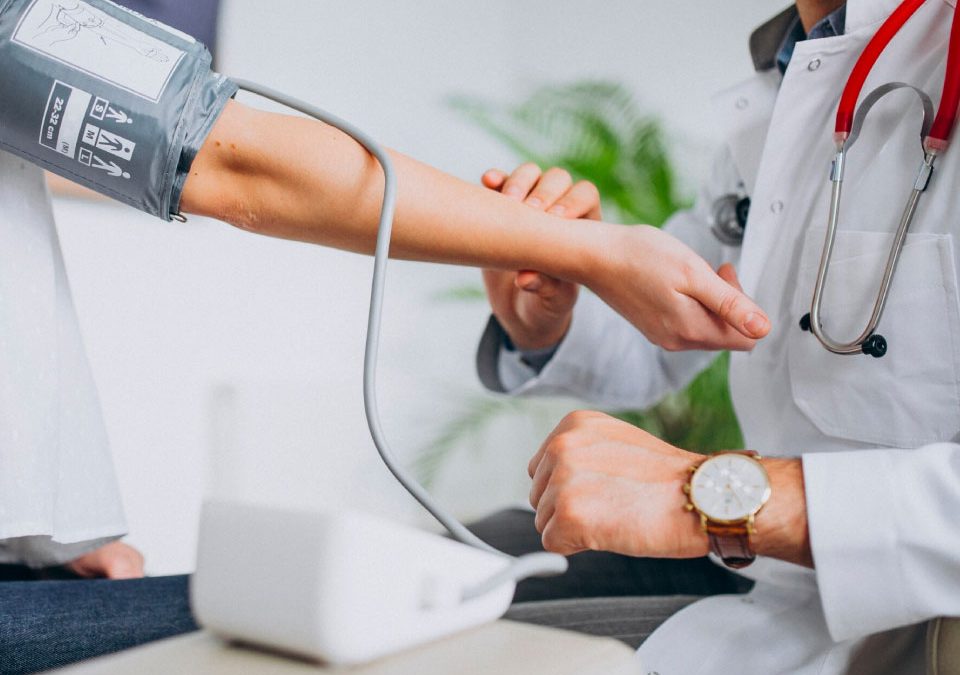

Blood pressure is the name given to the force of blood against the walls of the arteries. Blood pressure measurement is an important method for assessing our health and identifying potential health issues such as hypertension (high blood pressure) or hypotension (low blood pressure). However, to obtain accurate results, it is necessary to perform and evaluate blood pressure measurement correctly. In this article, we will discuss tips and important information for blood pressure measurement and evaluation.
The Importance and Evaluation of Blood Pressure
Blood pressure is an indicator of the force exerted by the blood pumped by the heart to organs and tissue cells in the body. Accurate blood pressure measurement helps in detecting high or low blood pressure and assessing one’s health. Regular blood pressure measurement is important for the early diagnosis of heart and vascular diseases, kidney diseases, and other health problems.
Correct Technique for Blood Pressure Measurement
Blood pressure measurement is done using a blood pressure monitor (sphygmomanometer). To obtain accurate results, pay attention to the following tips:
– It is important to rest for at least 5-10 minutes before taking the measurement. Measuring in a stressful or busy environment can affect the results.
– Avoid caffeine, alcohol, or smoking for at least 30 minutes before measurement.
– Do not engage in physical activity immediately before taking the measurement.
– Sit with your back straight and your feet flat on the ground. Avoid crossing your legs or sitting on your feet.
– The arm to be measured should be at the level of the heart.
– Going to the toilet and urinating before taking measurements is important for accurate results.
Blood Pressure Evaluation
Blood pressure is typically expressed as two values: Systolic (upper) blood pressure and diastolic (lower) blood pressure. Systolic blood pressure represents the pressure at the moment when the heart muscle contracts, while diastolic blood pressure represents the pressure at the moment when the heart muscle relaxes. The normal blood pressure value is considered to be 120/80 mmHg. Blood pressure values should be measured and evaluated regularly.
The Effects of Blood Pressure on Health
High blood pressure (hypertension) can lead to long-term health problems such as heart and vascular diseases, kidney diseases, stroke, and other serious health issues. Low blood pressure (hypotension) can cause symptoms like fainting, dizziness, and weakness. Regularly monitoring blood pressure is important for early diagnosis and prevention of these potential health problems.
Conclusion
Blood pressure measurement and evaluation are important steps to protect our health and prevent potential health issues. We should regularly check our blood pressure values using proper measurement techniques. Additionally, if we have high or low blood pressure values, we should consult a doctor to receive information about appropriate treatment and lifestyle changes. To maintain a healthy life, we should regularly monitor our blood pressure and take necessary precautions.
